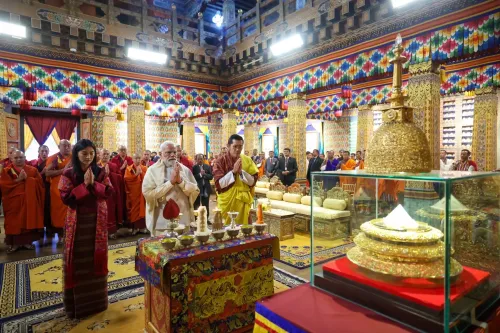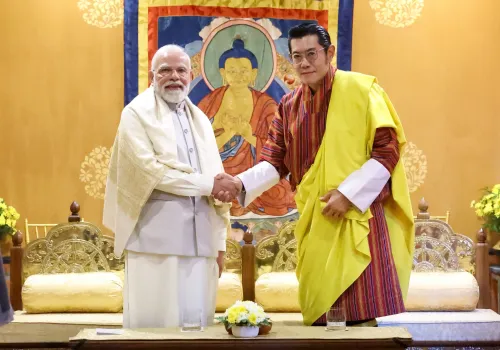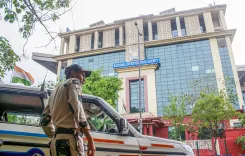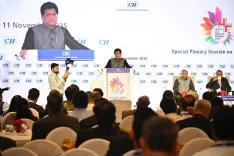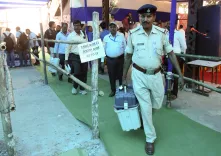Is Sri Lanka Really Abolishing Special Privileges for Former Presidents?
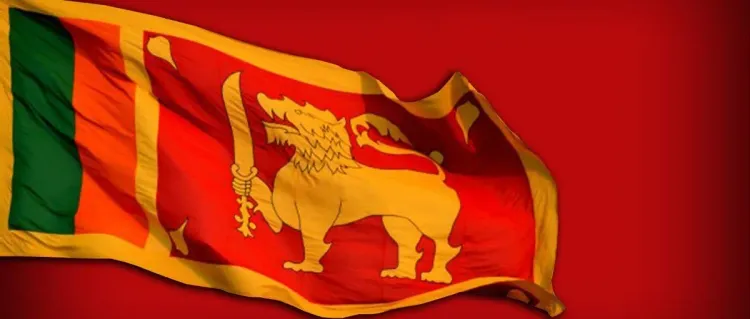
Synopsis
Key Takeaways
- Sri Lanka aims to revoke special privileges for former presidents.
- The Presidents Entitlements (Repeal) Bill has been gazetted.
- The state spent over 1.1 billion rupees on former presidents in 2024.
- This initiative fulfills a significant promise by the current administration.
- The move is aligned with the government's accountability policies.
Colombo, July 31 (NationPress) The government of Sri Lanka has officially gazetted the Presidents Entitlements (Repeal) Bill on Thursday, with the intent to eliminate the special privileges previously granted to former presidents and their widows.
The legislation comes after cabinet approval to revise the Presidents' Entitlements Act No. 4 of 1986. These proposed amendments aim to terminate the enduring benefits afforded to former leaders and their families, as reported by the Xinhua news agency.
Currently, Sri Lanka extends various privileges to these individuals.
This year, a government minister revealed that the state allocated over 1.1 billion rupees (approximately 3.7 million U.S. dollars) in 2024 for the benefits of former presidents.
The initiative to revoke these entitlements fulfills a significant promise made by the current administration.
On July 22, the Cabinet of Ministers sanctioned the publication of a draft bill aimed at annulling the President’s Entitlements Act, thereby withdrawing special privileges for former Presidents and their families.
This action aligns with the government's policy declaration “Pohosath Ratak – Lassana Jeewithayak,” which commits to reducing state expenditure and enhancing accountability.
Cabinet approval was initially granted during its meeting on June 16, 2025, to move forward with drafting the repeal bill. The Legal Draftsman has successfully completed the proposed legislation, and the Attorney General has provided the necessary clearance.
Consequently, the Cabinet approved the proposal presented by the Minister of Justice and National Integration to publish the draft bill in the government gazette and submit it to Parliament for ratification.

